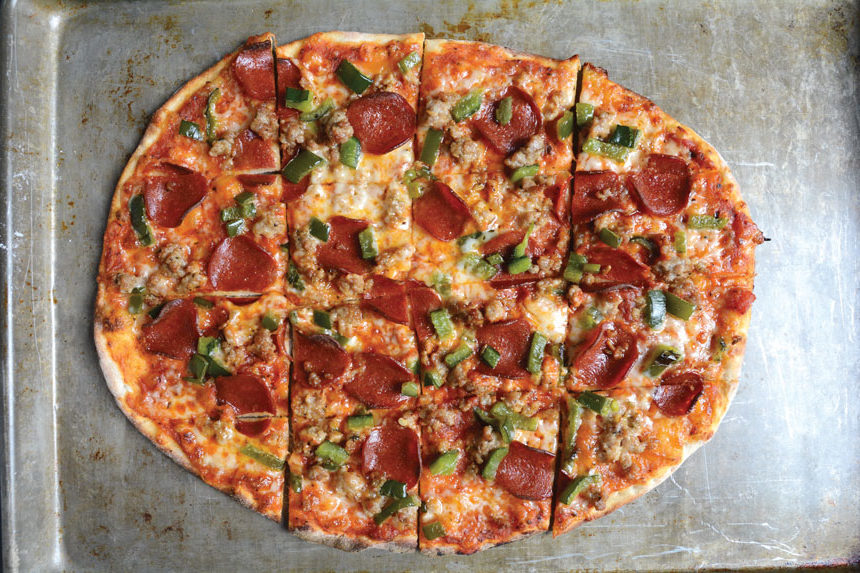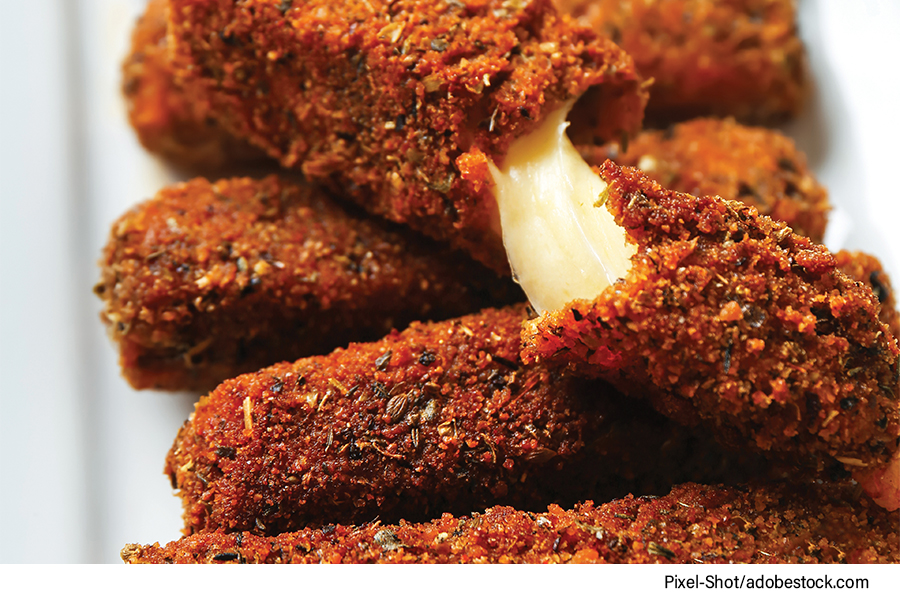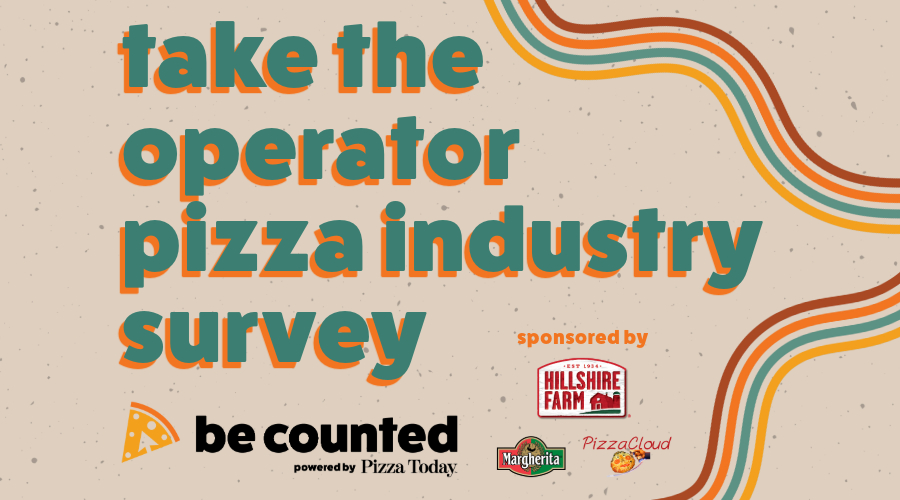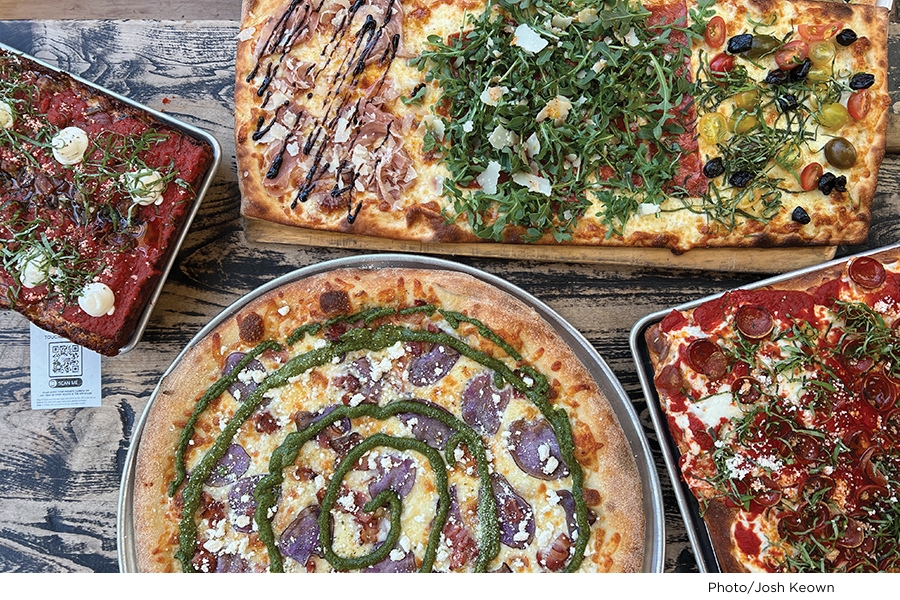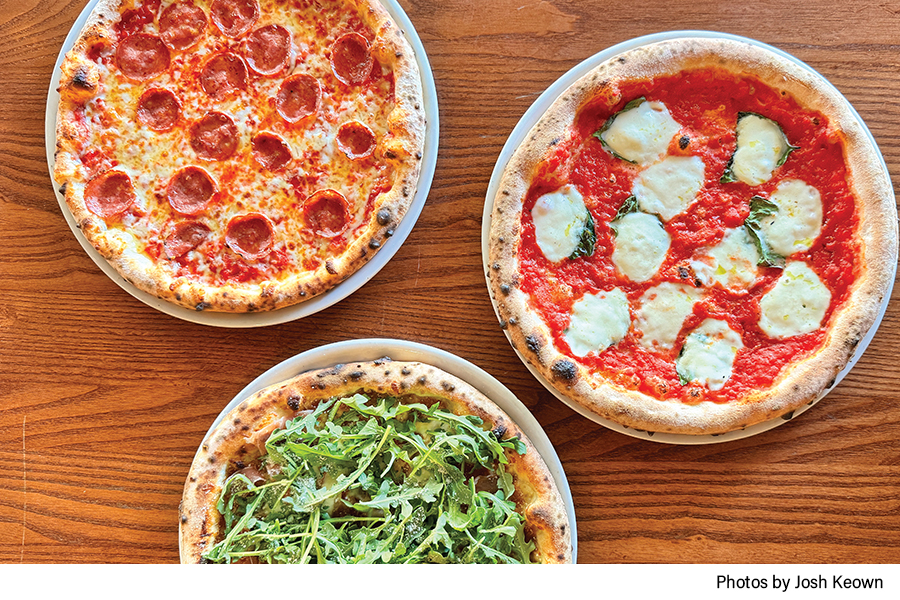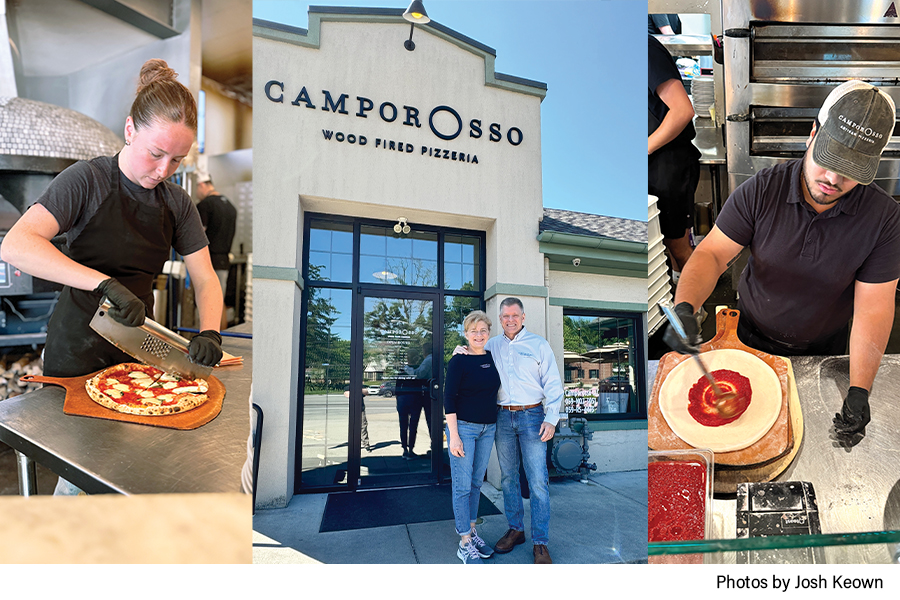
When TJ Banning opened his first Rosati’s Pizza in suburban Chicago in 2000, he carried low standards for his delivery driver hires.
“If you had a pulse and a car, you were hired,” says Banning, who’s swapped his early waywardness for more stringent driver standards at both of his Rosati’s locations.
Banning entrusts his drivers to represent Rosati’s in a positive light, certain that their presence influences customer perception and satisfaction.
“Sixty percent of our business isn’t me, but rather somebody I’ve hired to deliver pizzas and hold money until the end of the night, so you bet I’ve learned to pay closer attention to the drivers I hire,” says Banning, whose delivery crew is a mix of “career drivers,” delivery veterans with at least five years’ experience and part-timers filling either hours or income gaps.
Yet, the importance of hiring responsible drivers extends well beyond perception and deep into an operator’s pocketbook, as ignorance to a driver’s insurance coverage, vehicle condition and driving record can prove costly.
While experience and area familiarity often shoot driver candidates to the top of the employer’s pile, wise operators, recognizing their assets and livelihood could be at risk, activate a number of critical, judicious steps to protect their business and others.
“Our philosophy is ‘hire tough and manage easy,’ ” says Glenn Mueller, whose RPM Pizza operates 150 Domino’s Pizza restaurants in the southeast. “If you get the right people in place, you’re going to save yourself a lot of stress down the line.”
While some operators run driving tests for applicants to assess road decorum as well as street knowledge, three key, universal checkpoints before hiring a driver will help insulate the business from time, money, and emotion-consuming battles. Here are some considerations:
The driver’s motor vehicle report (MVR). One’s driving record provides operators a glimpse into behind-the-wheel responsibility. While insurance companies can access MVRs, EPIC Insurance Brokers’ Cheryl Downey, who specializes in restaurant delivery coverage, suggests operators require drivers bring a copy of their MVR to the interview along with proof of insurance on the car they will use.
The MVR will list moving violations, including citations for driving too close, speeding, or intersection violations. According to Downey, two or more violations could reflect the driver’s personality and prompt reason for concern with operators. Should an accident occur, operators can be liable for putting a driver with a spotty record on the road.
“All programs have their own criteria, but I can’t imagine any provider insuring anyone with three or more moving violations,” Downey says. “And virtually no program will insure a driver with a major violation, such as driving under the influence.”
The driver’s personal insurance.Before hiring drivers and turning them onto the streets, operators should hold current, accurate documentation detailing the driver’s auto insurance coverage. In addition to checking the policy’s expiration date, make sure your applicant is named on the policy along with the vehicle he will use.
“If the driver substitutes a different vehicle that doesn’t have insurance, then the driver’s personal policy, active or not, doesn’t do the operator any good,” Downey says, reminding that operators can amass thousands of dollars in bills for driver-caused damage.
While operators can do this fact-checking themselves, Banning leans on his insurance company to help him hire and retain responsible drivers. His carrier, Hub International, runs MVRs every six months, while also providing updates on drivers nearing coverage expiration and ongoing driver safety training.
The car’s condition. While no one expects pizzeria operators to be auto mechanics, a review of the condition of the driver’s car helps limit unwarranted risk. Many insurance carriers can provide a multi-point inspection form to guide policy holders on basic car safety functions they should examine, such as seat belts, brake lights, turn signals, windshield wipers.
“In the event of an accident, the plaintiff’s attorney will almost certainly investigate if you allowed the driver to use a car that wasn’t roadworthy,” says Keith George, managing director with AmWINS Program Underwriters.
While many long-time pizzeria franchisors have a built-in safety culture culled from years of experience, many independent operations neglect an important piece of the delivery equation: possessing a non-owned auto liability policy that shields the business from damaging claims.
“If you think the driver’s policy is enough, then you’re playing Russian roulette,” George says. “As the employer, you are vicariously responsible for the actions of your employees.”
A driver’s personal insurance usually provides coverage up to a pre-defined limit — $15,000 is typical, Downey says. Even then, however, the restaurant will be liable for claims exceeding that limit. In some cases, a driver’s personal auto policy may have an exclusion for business use or, more specifically, for pizza delivery. As a result, non-owned auto liability coverage serves a critical business safeguard.
“I know if something happens out there with one of my drivers that I’ll likely be the target (of litigation),” says Banning, who’s happy to swap the $8 a day charge for non-owned auto liability coverage for the peace of mind he gains.
TIP: Operators should hold current, accurate documentation detailing the driver’s auto insurance converage. Look for the policy expiration date as well as the policy holder’s name and vehicke listed.
Chicago-based Daniel P. Smith has covered business issues and best practices for a variety of trade publications, newspapers, and magazines.
